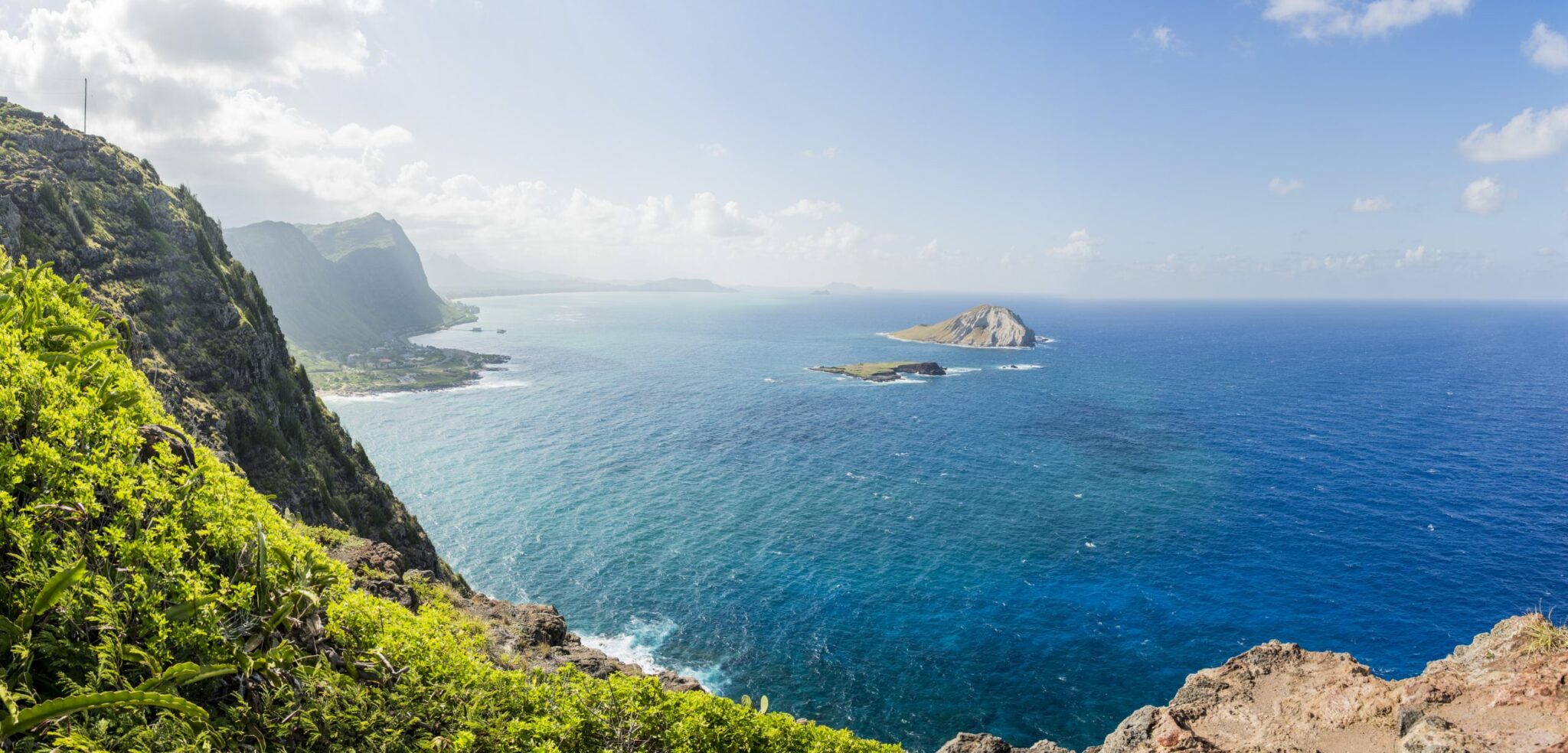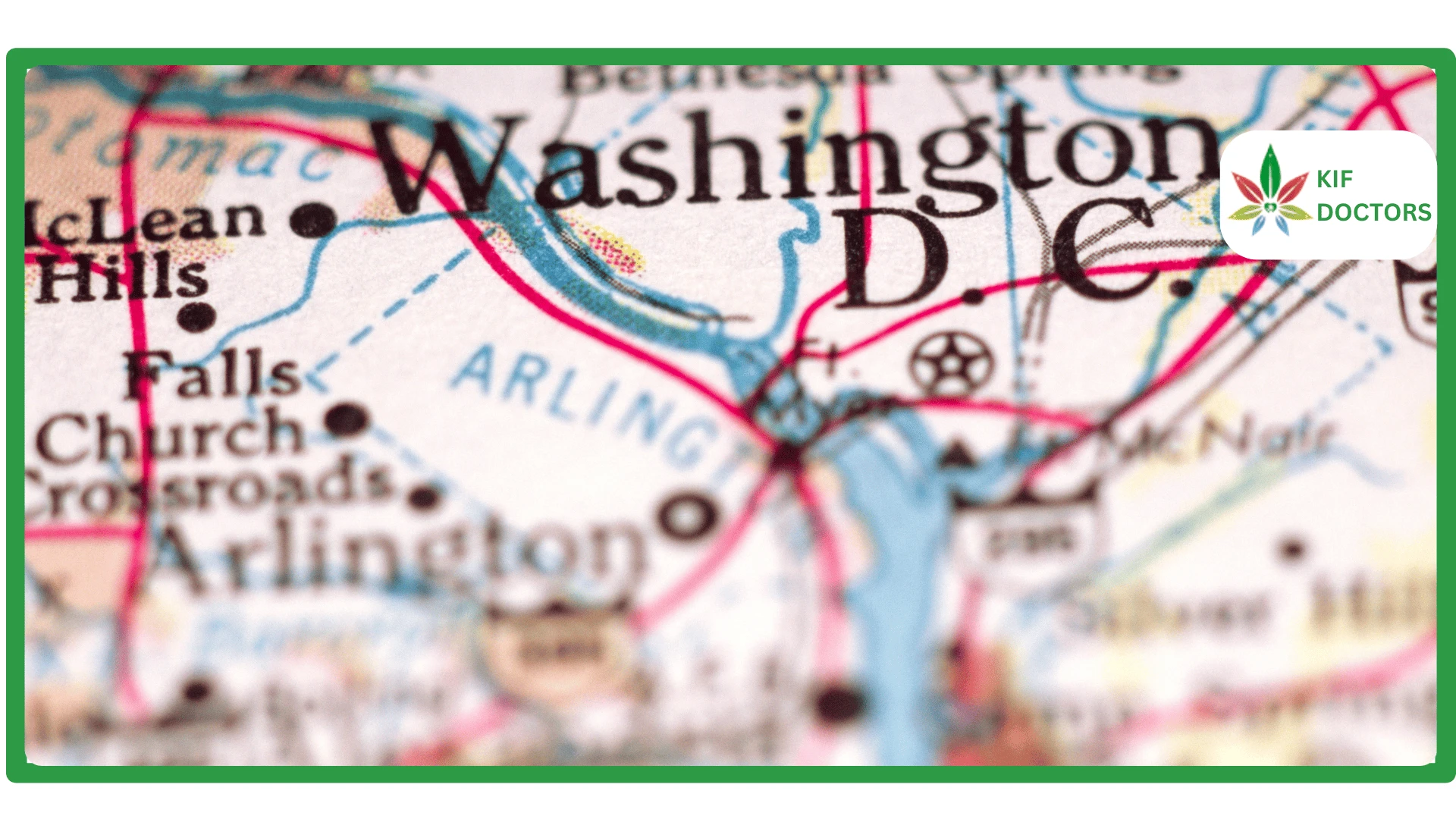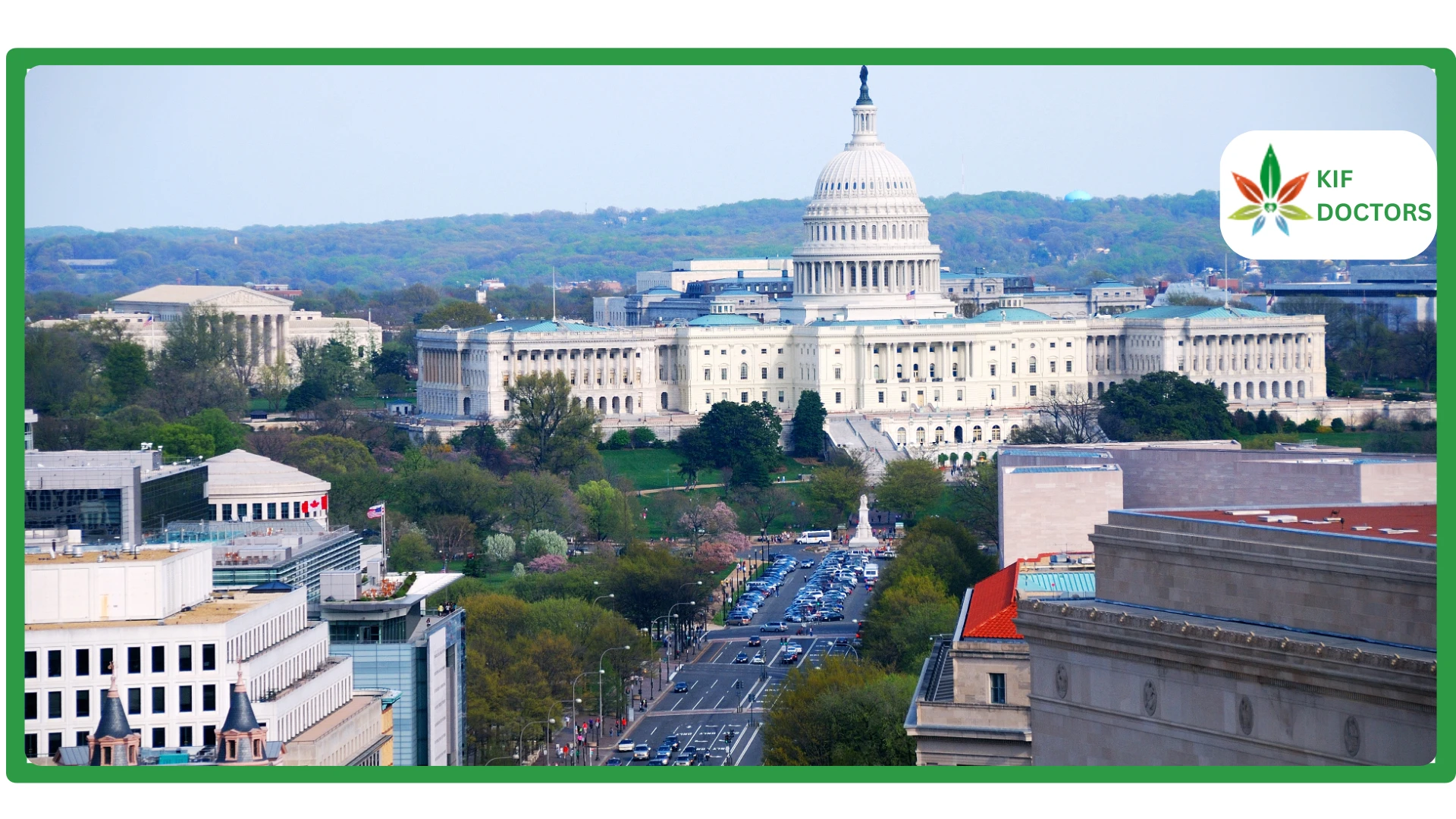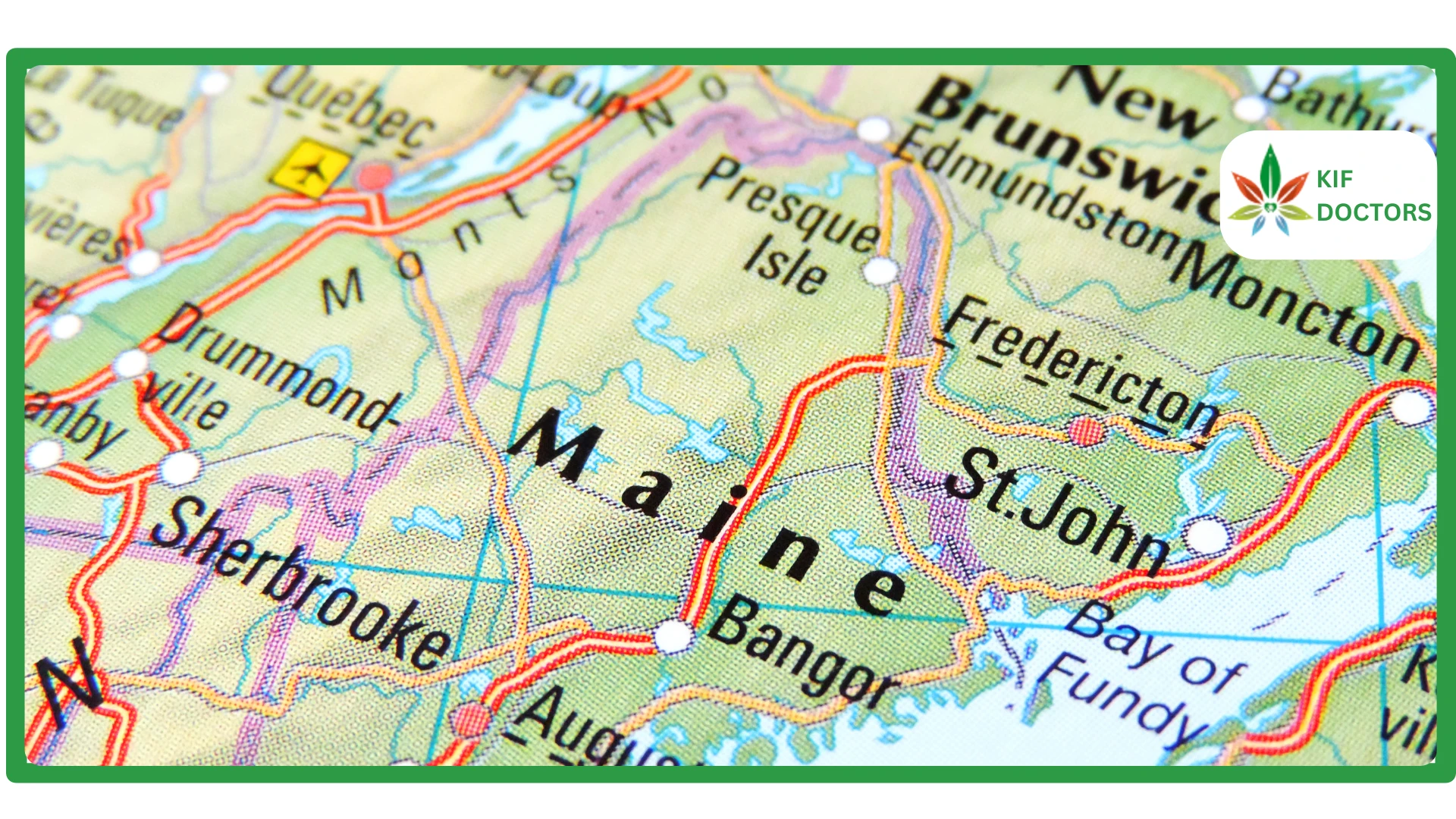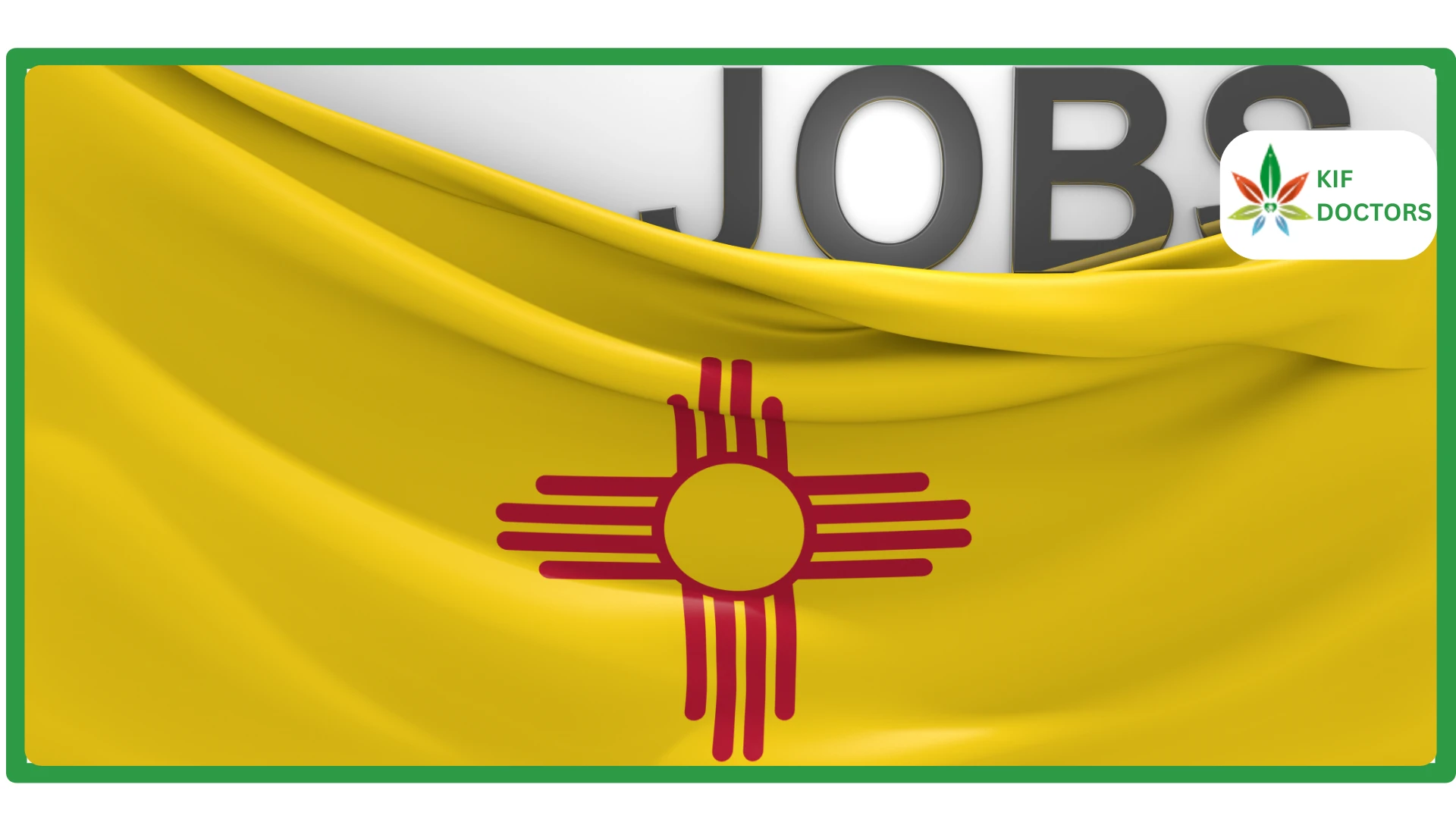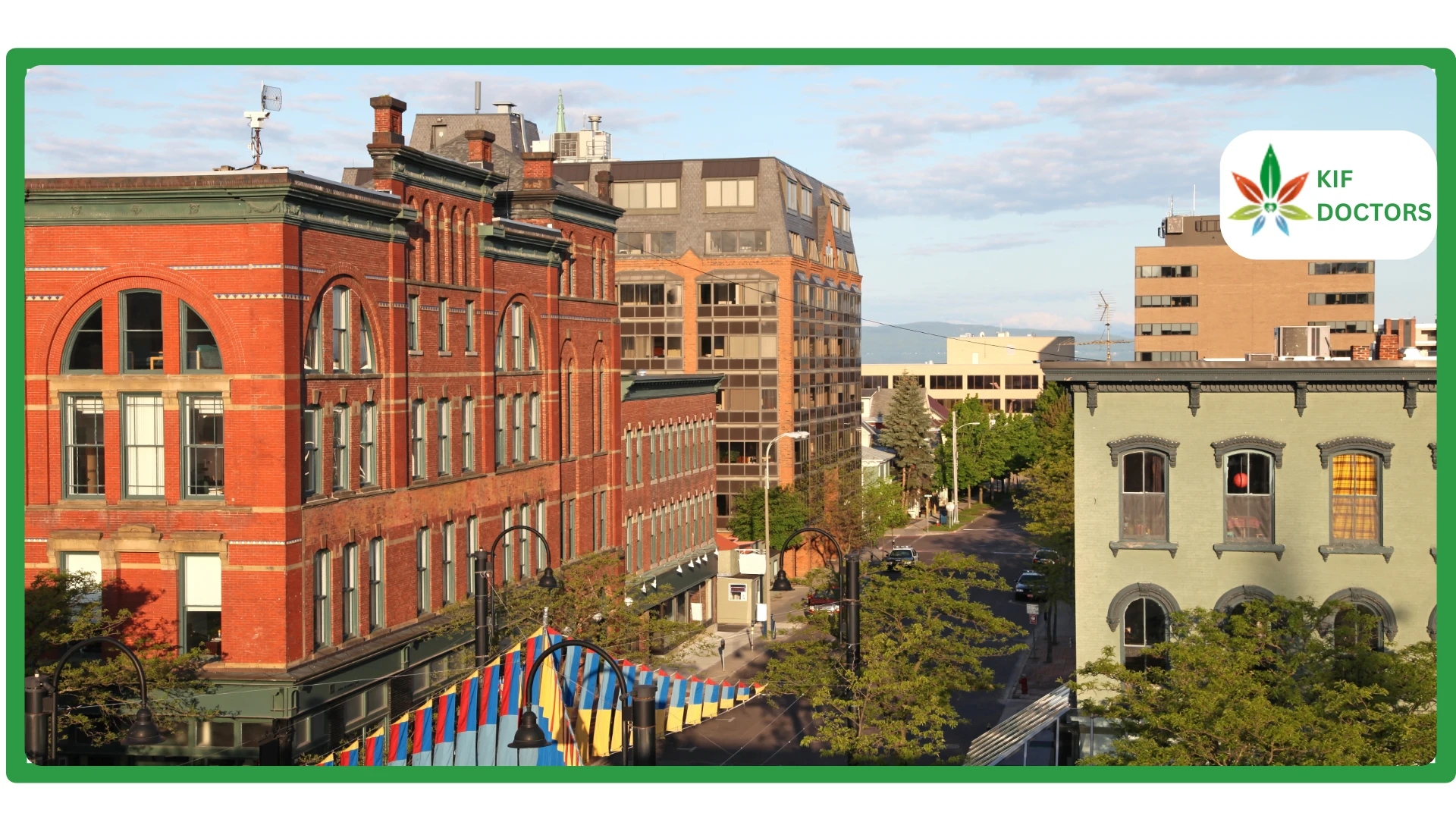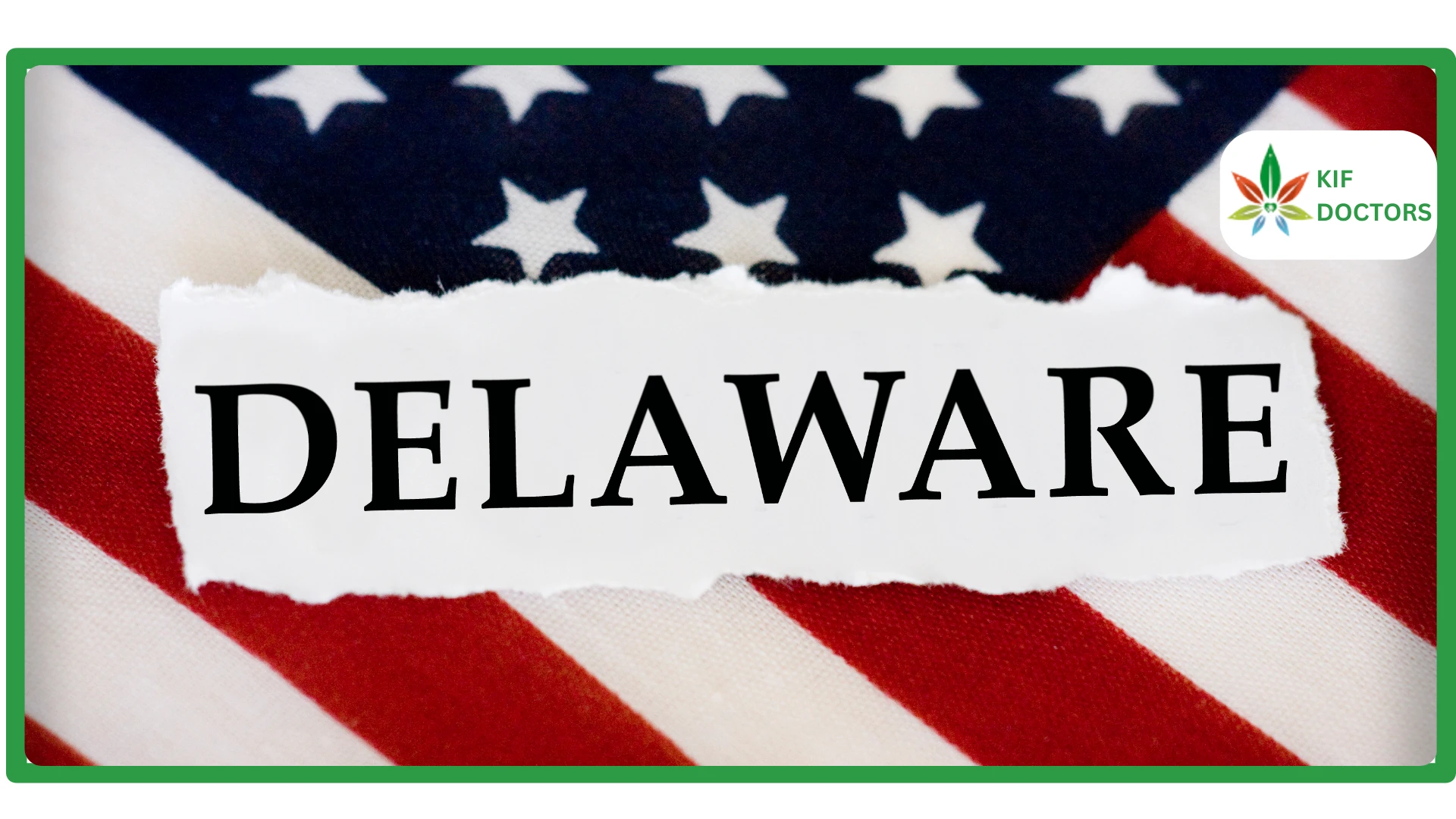Hawaii, with its lush landscapes and laid-back island culture, has embraced cannabis in a way that aligns with its progressive values, particularly for medical use. Since legalizing medical marijuana in 2000, the state has built a robust program that serves thousands of patients, overseen by the Hawaii Department of Health’s Medical Cannabis Registry Program. However, recreational marijuana remains illegal, though recent legislative efforts and public support suggest change may be on the horizon. As of 2025, Hawaii’s cannabis landscape is a mix of accessible medical options, strict recreational prohibitions, and a growing push for broader legalization. This guide provides a detailed overview of Hawaii’s cannabis laws, covering medical marijuana access, recreational restrictions, possession limits, and practical tips for residents and visitors. Whether you’re seeking relief or curious about the Aloha State’s policies, here’s everything you need to know about weed in Hawaii.
Medical Marijuana: A Well-Established Program
Hawaii was among the first states to legalize medical marijuana, passing Act 228 in 2000. The program, initially modest, has grown significantly, with over 34,000 registered patients and 10 licensed dispensaries as of 2025. The Hawaii Department of Health administers the Medical Cannabis Registry Program, ensuring patients with qualifying conditions can access cannabis safely and legally. The state’s program is known for its flexibility, allowing both residents and certain non-residents to participate, and for its emphasis on locally grown, high-quality products.
Medical marijuana patients in Hawaii can purchase a variety of products, including flower, edibles, concentrates, tinctures, and topicals, from dispensaries like Maui Grown Therapies and Noa Botanicals. The program’s growth has been supported by legislative updates, such as Act 116 in 2023, which streamlined patient access and expanded telehealth options for certifications. Despite its success, the program operates under strict regulations to maintain public safety and compliance with state law.
How to Get a Medical Marijuana Card in Hawaii
Obtaining a medical marijuana card, known as a 329 Card in Hawaii, is a straightforward process designed to ensure eligible patients can access cannabis. Here’s a step-by-step guide:
- Confirm Eligibility: You must have a qualifying medical condition and be a Hawaii resident with a valid state ID or driver’s license. Non-residents who are physically present in Hawaii for at least 60 days can apply for an Out-of-State (OOS) 329 Card, valid for 60 days and renewable twice per year.
- Consult a Licensed Physician: Schedule an appointment with a physician licensed in Hawaii who is registered with the Medical Cannabis Registry Program. The physician will evaluate your condition and, if appropriate, issue a written certification. Telehealth consultations are permitted for both initial and renewal certifications, making the process more accessible.
- Submit an Application: Apply online through the Hawaii Medical Cannabis Registry at https://medcannabis.hawaii.gov/. Upload your physician’s certification, a government-issued ID, and a recent photo. The application fee is $38.50 for residents (waived for certain low-income patients) and $49.50 for non-residents. Cards are valid for one year for residents and 60 days for non-residents.
- Receive Your Card: The Department of Health processes applications within 5-10 business days, issuing an electronic 329 Card that you can print or store on your smartphone. You’ll need the card and a valid ID to purchase cannabis at dispensaries.
- Visit a Dispensary: Use your 329 Card to buy cannabis products from one of Hawaii’s licensed dispensaries. Dispensaries verify your card through the state’s registry system before completing sales.
I always recommend going for a Medical Marijuana Card Online Instantly. Kif Doctors simplifies the process, allowing you to apply and get approved for a medical marijuana card online in minutes. Their platform is user-friendly, making it easy to access the relief you need.
Qualifying Conditions for Medical Marijuana
Hawaii’s medical cannabis program covers a range of debilitating conditions, with some flexibility for physicians to recommend cannabis for other serious ailments. The following conditions qualify for a 329 Card:
- Amyotrophic lateral sclerosis (ALS)
- Cancer
- Crohn’s disease
- Epilepsy
- Glaucoma
- HIV/AIDS
- Multiple sclerosis
- Post-traumatic stress disorder (PTSD)
- Cachexia (wasting syndrome)
- Severe pain
- Severe nausea
- Seizures
- Persistent muscle spasms
- Any other condition approved by a physician as debilitating
The flexibility of Hawaii’s program allows physicians to certify patients for conditions not explicitly listed, provided they believe cannabis will provide relief. For example, a patient with a rare autoimmune disorder causing chronic pain might qualify if their doctor deems cannabis appropriate. This approach ensures broader access compared to more restrictive states.
Permitted Cannabis Products and Possession Limits
Hawaii’s medical cannabis program offers a variety of products, all produced by licensed cultivators and sold through dispensaries. Available products include:
- Cannabis flower (for smoking or vaporizing)
- Edibles (gummies, chocolates, baked goods)
- Concentrates (wax, shatter, live resin)
- Tinctures and oils
- Topicals (creams, balms)
- Capsules
- Vape cartridges
All products undergo mandatory testing for contaminants like pesticides and heavy metals, with labels detailing THC and CBD content. Dispensaries often provide educational resources to help patients choose products based on their needs, such as pain relief or anxiety reduction.
Possession limits are generous for medical patients:
- Purchase and Possession: Patients and caregivers can possess up to 4 ounces of usable cannabis per 15-day period, equivalent to 113 grams. This includes flower, concentrates, and infused products.
- Cultivation: Patients and caregivers can grow up to 10 cannabis plants at a single location, provided the site is registered with the Department of Health and secured from unauthorized access.
Public consumption is illegal, even for medical patients, and cannabis must be stored in child-proof containers when transported. Use is permitted only on private property, and patients should be mindful of federal restrictions on places like national parks or military bases.
Recreational Marijuana: Illegal but Evolving
Recreational marijuana remains illegal in Hawaii, a stance that contrasts with the state’s progressive reputation. Possession of cannabis without a medical card is a criminal offense, with penalties based on quantity:
- Up to 3 grams: Petty misdemeanor, up to 30 days in jail, and a $130 fine.
- 3 grams to 1 ounce: Misdemeanor, up to 30 days in jail, and a $1,000 fine.
- 1 ounce to 1 pound: Class C felony, up to 5 years in prison, and a $5,000 fine.
- Over 1 pound: Class B felony, up to 7 years in prison, and a $15,000 fine.
However, Hawaii has taken steps toward leniency. In 2020, the state decriminalized possession of up to 3 grams, reducing penalties to a $130 fine without jail time. Efforts to legalize recreational marijuana have gained traction, particularly with the establishment of the Hawaii Cannabis Authority in 2023, tasked with developing a framework for adult-use cannabis. A 2025 legislative push, backed by Governor Josh Green, aims to legalize recreational marijuana by 2026, with polls showing 58% public support. Despite this momentum, opposition from law enforcement and conservative groups has slowed progress.
Navigating Hawaii’s Dispensaries
Hawaii’s 10 licensed dispensaries operate like pharmacies, with trained staff to guide patients. Located across Oahu, Maui, Kauai, and the Big Island, dispensaries like Big Island Grown and Cure Oahu emphasize locally grown cannabis and sustainable practices. Patients must present their 329 Card and a valid ID to make purchases, and dispensaries verify cardholder status through the state’s registry.
Product prices vary, with flower averaging $10-$20 per gram, edibles costing $20-$40 per package, and concentrates ranging from $40-$80 per gram. Medical cannabis is subject to a 4% general excise tax (4.5% on Oahu), but patients avoid the additional taxes applied to recreational products in other states. Some dispensaries offer delivery or online ordering, enhancing access for patients with mobility issues.
Legal Protections and Restrictions
Hawaii’s medical cannabis program provides several protections for patients:
- Anti-Discrimination: Patients cannot face discrimination in employment, housing, or child custody disputes solely for medical cannabis use, provided they comply with state law.
- Law Enforcement: Cardholders are protected from arrest or seizure of cannabis within legal limits, as long as they present their 329 Card or verify their status through the state’s database.
- Reciprocity: Out-of-state patients with valid medical cannabis cards can apply for a 60-day OOS 329 Card to purchase cannabis at Hawaii dispensaries.
However, restrictions are significant. Public consumption carries a $1,000 fine and up to 30 days in jail, even for medical patients. Driving under the influence of cannabis is illegal, with penalties including fines, license suspension, and jail time. Federal law prohibits cannabis on federal lands, such as Volcanoes National Park, and transporting cannabis across state lines, even to other legal states, is a federal offense.
Recent Legislative Changes
Hawaii’s cannabis laws are evolving, with recent updates improving the medical program and laying the groundwork for recreational legalization. In 2023, Act 116 expanded telehealth access, increased dispensary purchase limits to 4 ounces per 15 days, and allowed patients to transfer certifications between providers. Senate Bill 3335, passed in 2024, established the Hawaii Cannabis Authority to regulate a potential recreational market, signaling strong legislative intent.
Other developments include:
- Expungement: Act 159 (2021) allows expungement of certain cannabis-related convictions, addressing past injustices.
- Hemp Regulations: Act 138 (2022) tightened rules on hemp-derived products like delta-8 THC, requiring testing and licensing to prevent unregulated sales.
- Task Force Recommendations: A 2025 task force report recommends taxing recreational cannabis at 10-15% and prioritizing local businesses in licensing.
Posts on X reflect growing public enthusiasm for legalization, with many citing economic benefits and social justice. However, these sentiments are inconclusive without legislative action.
Cannabis Culture and Tourism
Hawaii’s cannabis culture is vibrant yet discreet, blending the state’s wellness ethos with its medical focus. Dispensaries emphasize organic, locally grown cannabis, often highlighting strains suited to the islands’ climate. Patients can pair cannabis with Hawaii’s natural beauty—think private yoga sessions or beachside relaxation—though public use is strictly prohibited.
For tourists, Hawaii’s medical cannabis program is welcoming. Out-of-state patients can apply for OOS 329 Cards, and visitors without cards can explore hemp-derived CBD products, available at health stores and regulated under state law. However, recreational users must exercise caution, as possession without a card can lead to fines or arrest. Cannabis cannot be taken off the islands, so plan to consume purchases locally, ideally at a private residence or cannabis-friendly accommodation, as many hotels ban use.
Economic and Social Impact
Hawaii’s medical cannabis industry is a growing economic driver, with $60 million in sales in 2024, supporting jobs in cultivation, retail, and testing. Tax revenue funds public health programs and the Medical Cannabis Registry. The state anticipates a recreational market could generate $500 million annually, with funds earmarked for education and infrastructure.
Socially, medical cannabis has reduced stigma, with the Department of Health promoting education about its benefits. However, advocates argue for broader access and decriminalization to address inequities, particularly for Native Hawaiian communities disproportionately affected by past enforcement. Expungement efforts are a step toward justice, but more work remains.
Federal Considerations
Despite state legalization, cannabis remains a Schedule I substance under federal law, classified as having no medical use. A 2024 proposal to reclassify it as Schedule III could ease restrictions, but for now, federal law prohibits cannabis on federal lands like Pearl Harbor or Haleakalā National Park. Interstate transport, even to legal states, is illegal, and the Justice Department could theoretically pursue state-compliant users, though this is rare.
Frequently Asked Questions
Can tourists get a medical marijuana card in Hawaii?
Yes, out-of-state patients with valid medical cannabis cards can apply for a 60-day Out-of-State 329 Card, renewable twice per year, to purchase cannabis at dispensaries.
Where can I legally use medical cannabis in Hawaii?
Medical cannabis can be used only on private property with the owner’s permission. Public consumption is illegal, carrying a $1,000 fine and up to 30 days in jail.
Can I grow my own cannabis in Hawaii?
Yes, medical patients and caregivers can grow up to 10 cannabis plants at a registered, secure location. Recreational cultivation is illegal.
Is recreational marijuana legal in Hawaii?
No, recreational marijuana is illegal, though possession of up to 3 grams is decriminalized with a $130 fine. Legalization efforts are ongoing, targeting 2026.
Can I take cannabis off the islands?
No, transporting cannabis across state or international borders is illegal under federal law, even to states where it’s legal. Consume it within Hawaii.
Conclusion
Hawaii’s cannabis laws offer a balanced approach, providing robust medical access while maintaining strict recreational prohibitions. The state’s medical marijuana program is a lifeline for patients, with a streamlined process and diverse products, while the push for recreational legalization reflects growing public support. By understanding possession limits, dispensary protocols, and legal restrictions, residents and visitors can navigate Hawaii’s cannabis landscape safely. Whether you’re a patient seeking relief or a tourist exploring the islands, Hawaii’s evolving policies make it a unique destination in the world of cannabis.
 Since 2021, Kif offers a streamlined platform to get a medical marijuana card online. We have served more than 45K patients across the United States. Sign Up Now to get the right to use medical cannabis for your health condition without any delay.
Since 2021, Kif offers a streamlined platform to get a medical marijuana card online. We have served more than 45K patients across the United States. Sign Up Now to get the right to use medical cannabis for your health condition without any delay.















